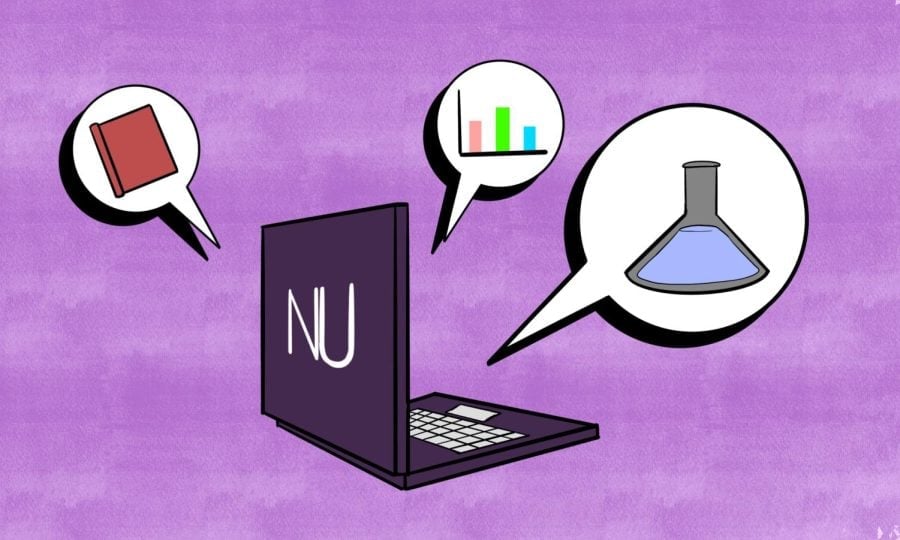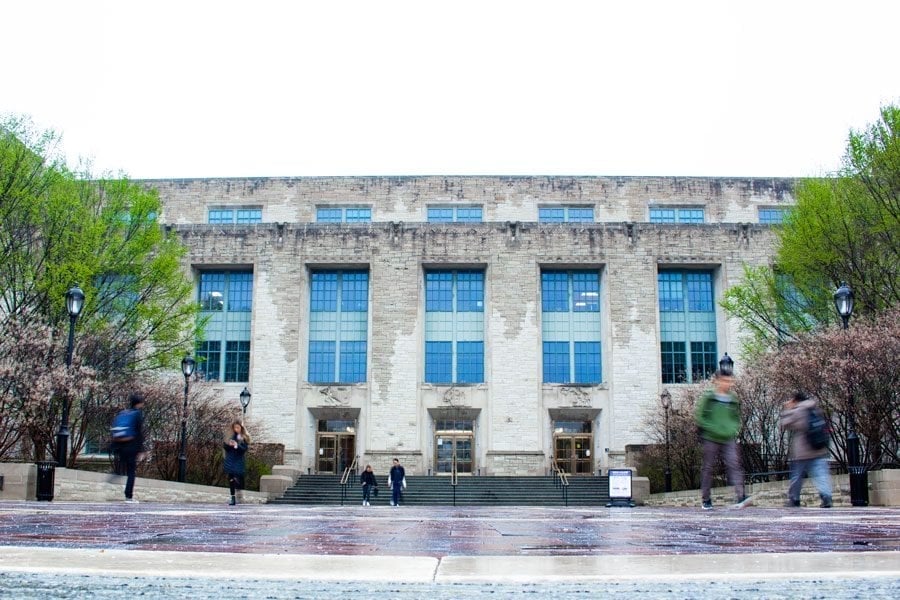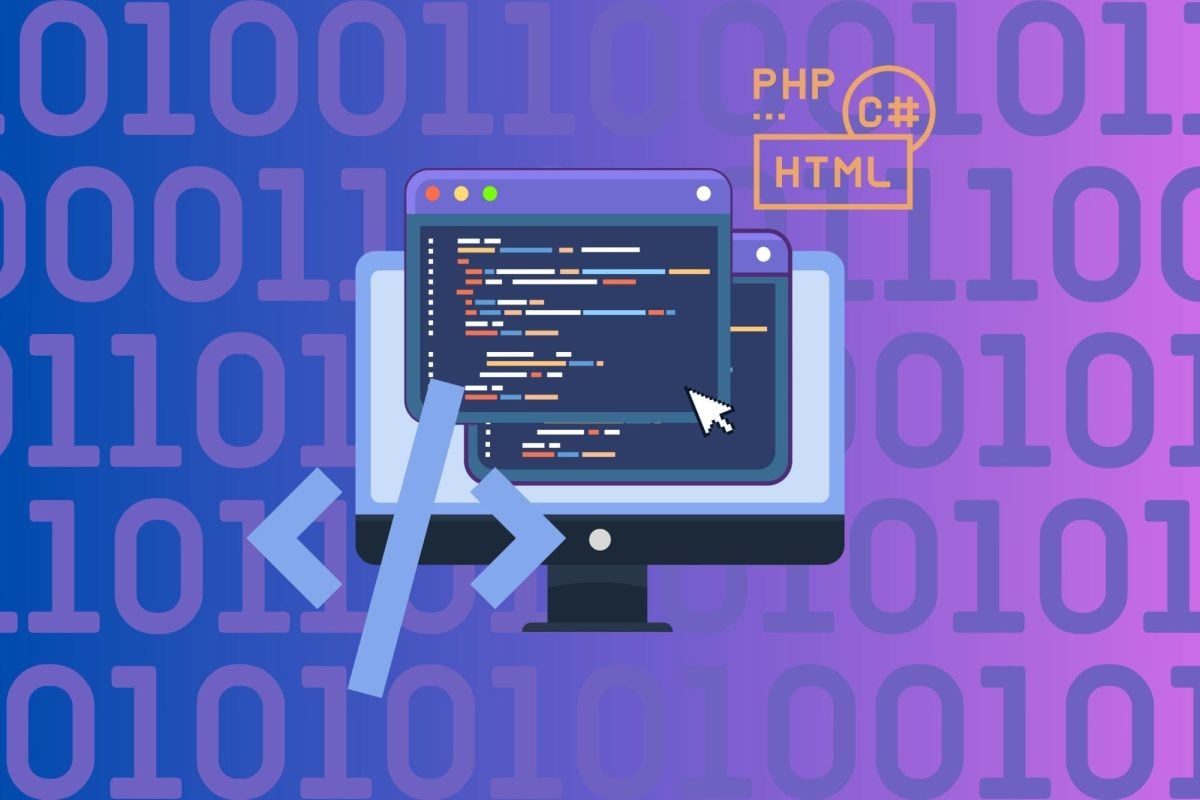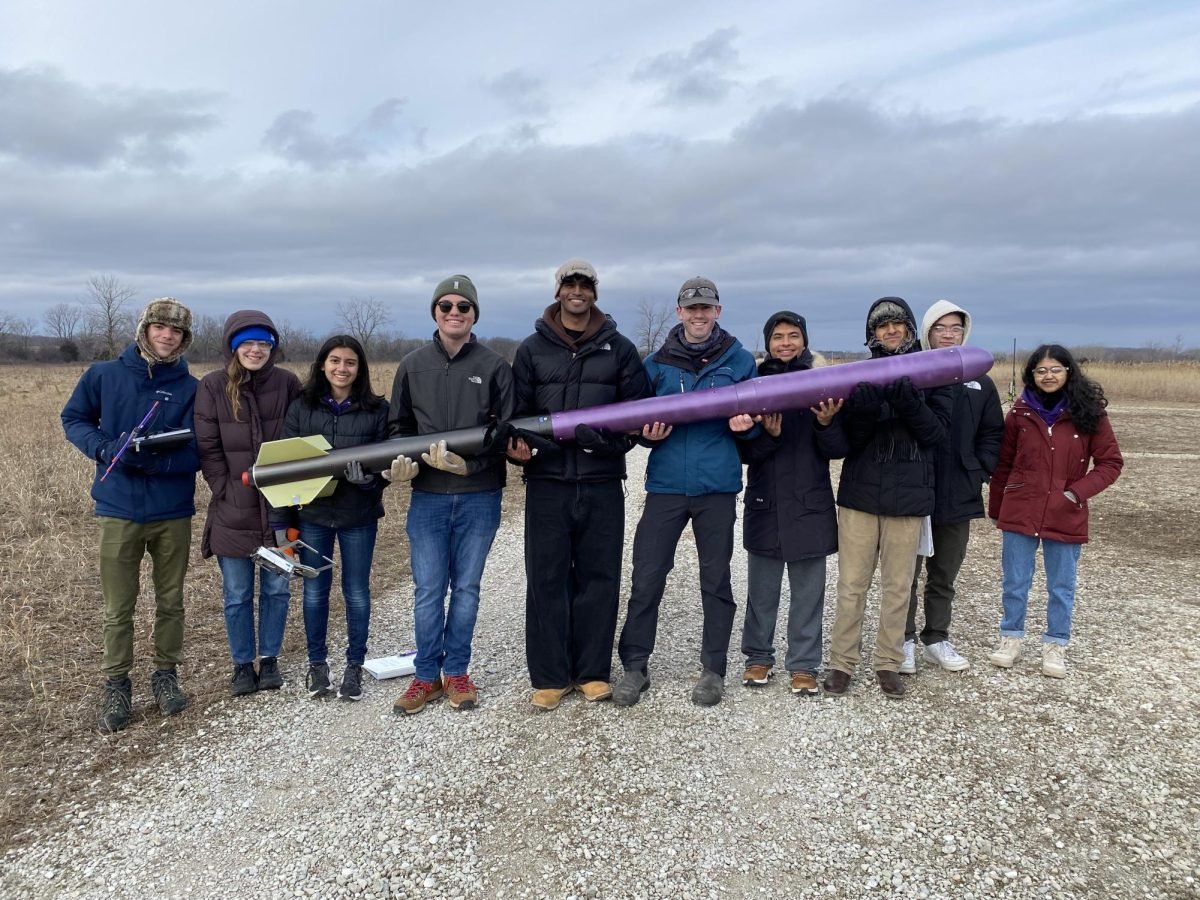For the last column of each month, I’m going to summarize the events that occurred online into a palatable, bite-sized cyber-morsel. Here’s what you should know:
- SOPA and PIPA. I’m just going to assume that you all already know about the Stop Online Piracy Act. I’m also going to assume you all noticed Wikipedia was down. Nonetheless, this month will likely go down in the annals of Internet history. Fifteen of Reddit’s 20 most popular posts this month were about SOPA. Countless celebrities within the tech industry, including Facebook’s Mark Zuckerberg, have decried the bill on the grounds that it will stifle the blooming tech industry in the US and result in a less free Internet. Domain-hosting website GoDaddy (famous for its football advertisements) suffered a massive loss in business as thousands of domains were transferred to other websites after it was revealed that GoDaddy is pro-SOPA and helped draft the legislation. On Jan. 18, when many websites including Wikipedia, Reddit and BoingBoing blacked out (and others, like Google and 4chan, included messages about SOPA), Google searches about SOPA increased nearly eightfold. Later, SOPA and PIPA were effectively dropped by their congressional sponsors. Word on the street is, however, that the plan is to attach SOPA-like legislation to H.R. 1981, titled “Protecting Children from Internet Pornographers Act.” Something tells me that it will be a little bit more difficult to rally support against that one.
- Megaupload. A day after the historic online blackouts in protest of Internet censorship, the US Department of Justice took down Hong Kong-based file sharing website Megaupload. Megaupload is being accused of racketeering, copyright infringement and money laundering. Perhaps the most bizarre part of the story is Megaupload’s eccentric founder, who has changed his name to Kim Dotcom. Dotcom was arrested in New Zealand. No word yet on what Tracy Jordan will do with one of his crew behind bars.
- Anonymous. The machismo-filled, Fawkesian “hacktivists” from 4chan occasionally make news by DDoS (distributed denial of service, essentially overloading a server) attacks to temporarily bring down websites. On Jan. 19, after the Megaupload shutdown, Anonymous brought down the websites for the U.S. Department of Justice, the RIAA, and the MPAA. A few days later, Anonymous took down CBS.com and Universal Music’s website. While that’s all fine and dandy, the reality is that DDoS attacks are not the same as “hacking” a website. As webcomic xkcd pointed out, they’re basically the equivalent of “someone [tearing] down a poster hung up by” the companies.
- Politics. Popular website Reddit picked one pro-SOPA candidate running for re-election to ruin, and they chose Rep. Paul Ryan (R-WI). Their method of “destruction” was helping Ryan’s opponent, Rob Zerban, raise more than $220,000 over the last quarter of 2011.The fundraising effort was emboldened after Zerban did a popular “IAmA” on Reddit, answering questions from fans and explaining his political stances.






